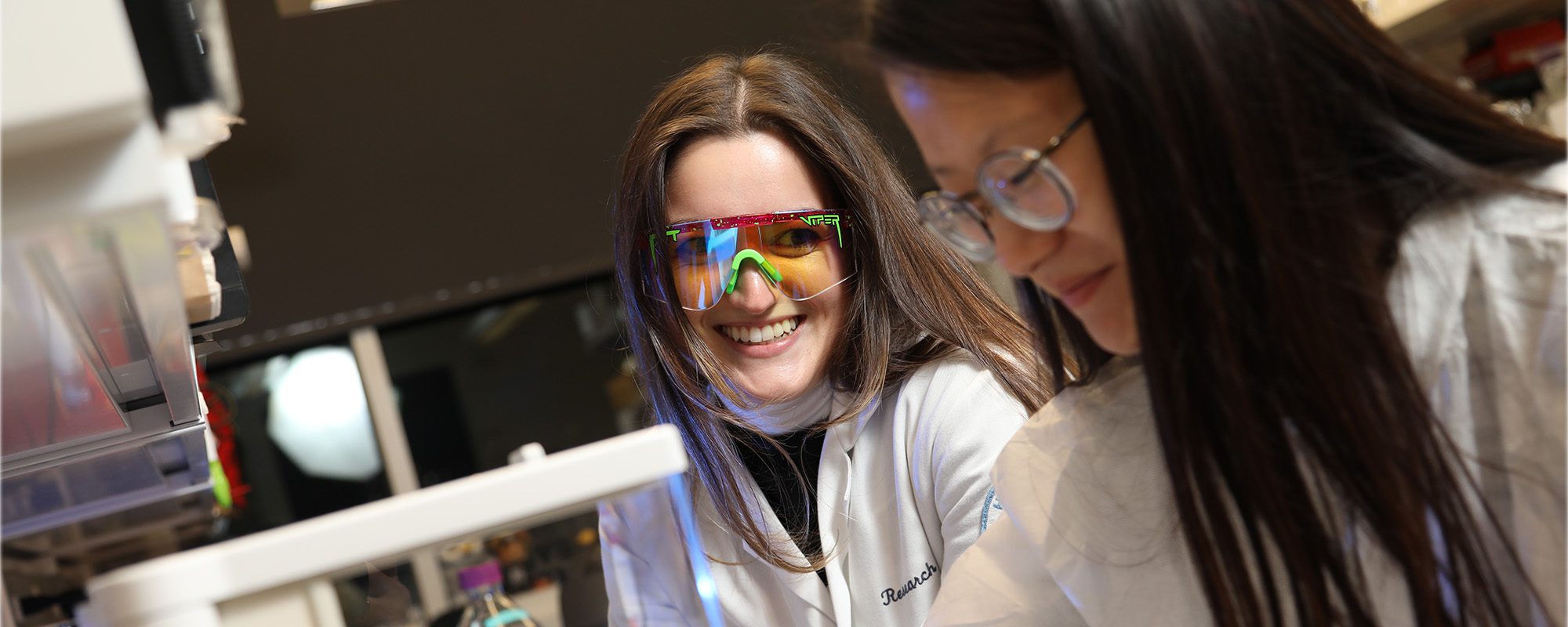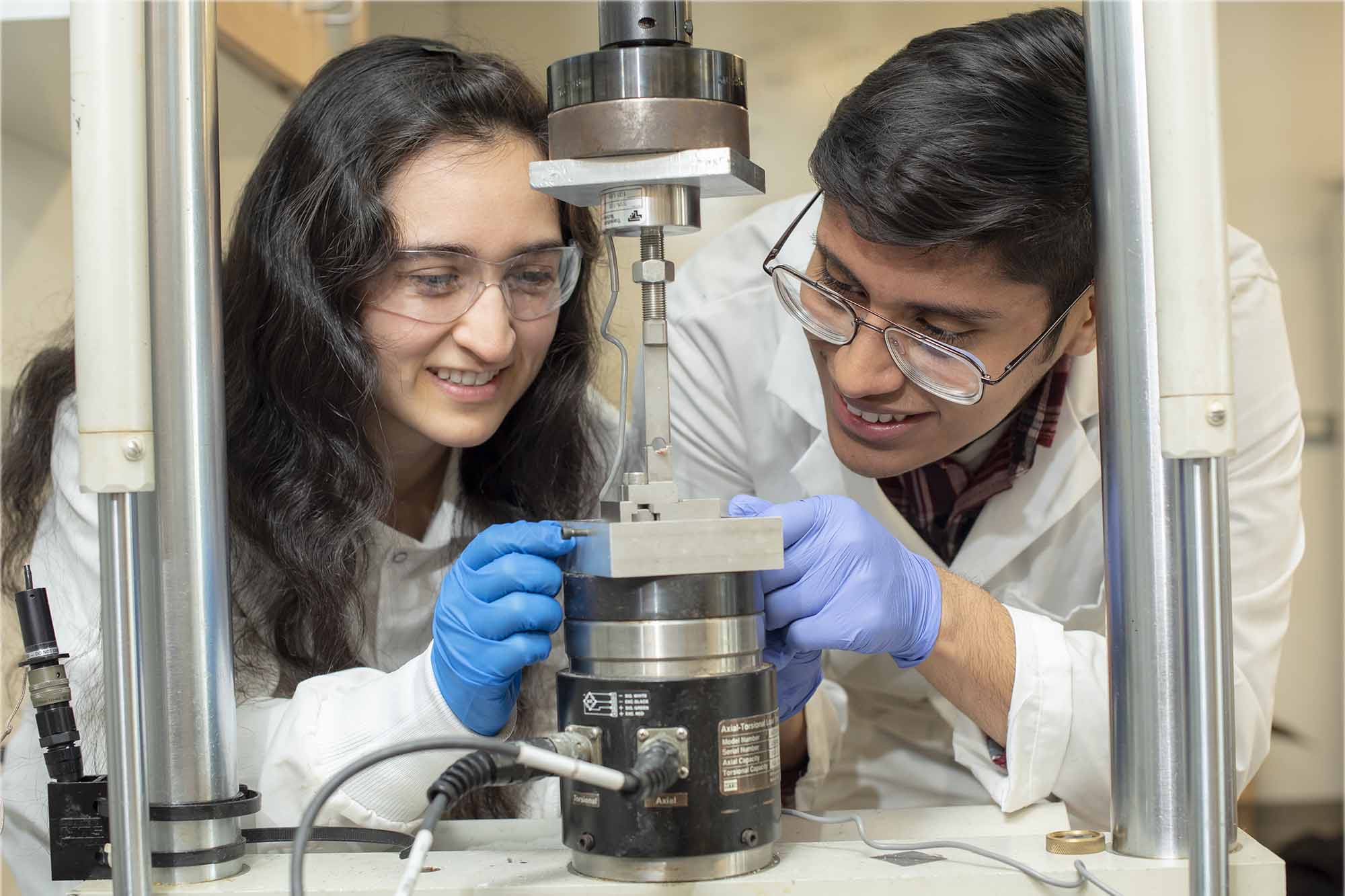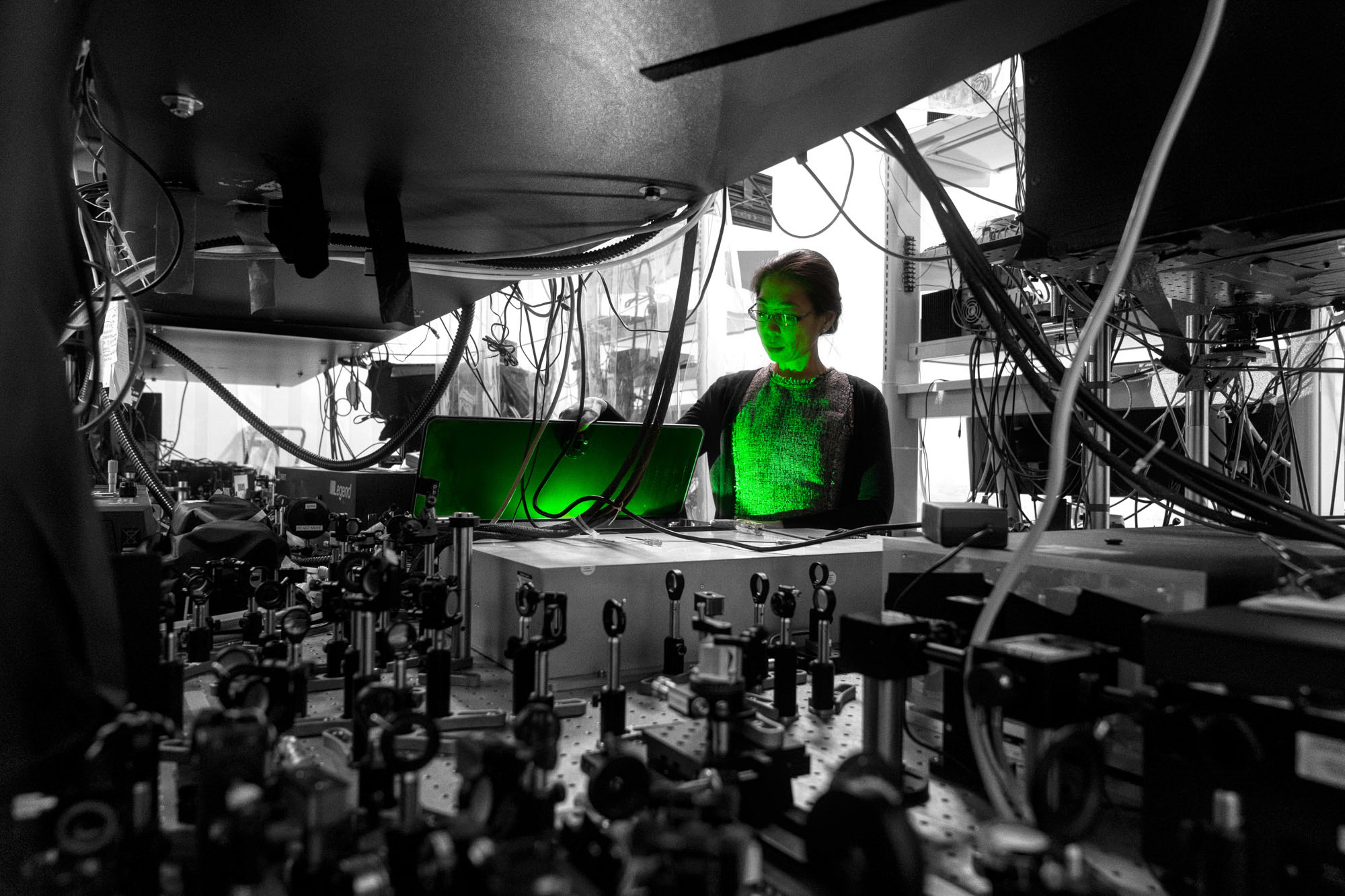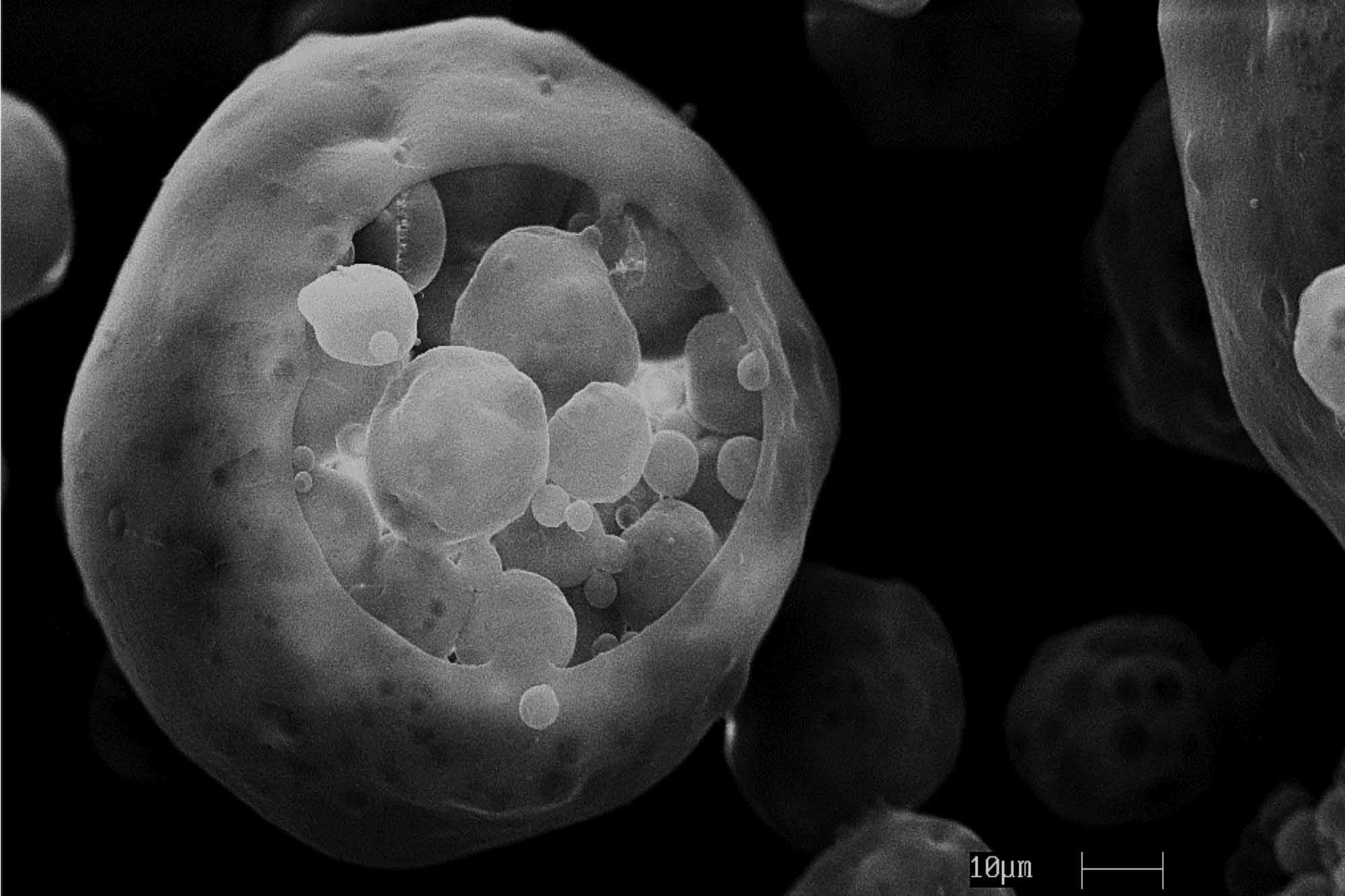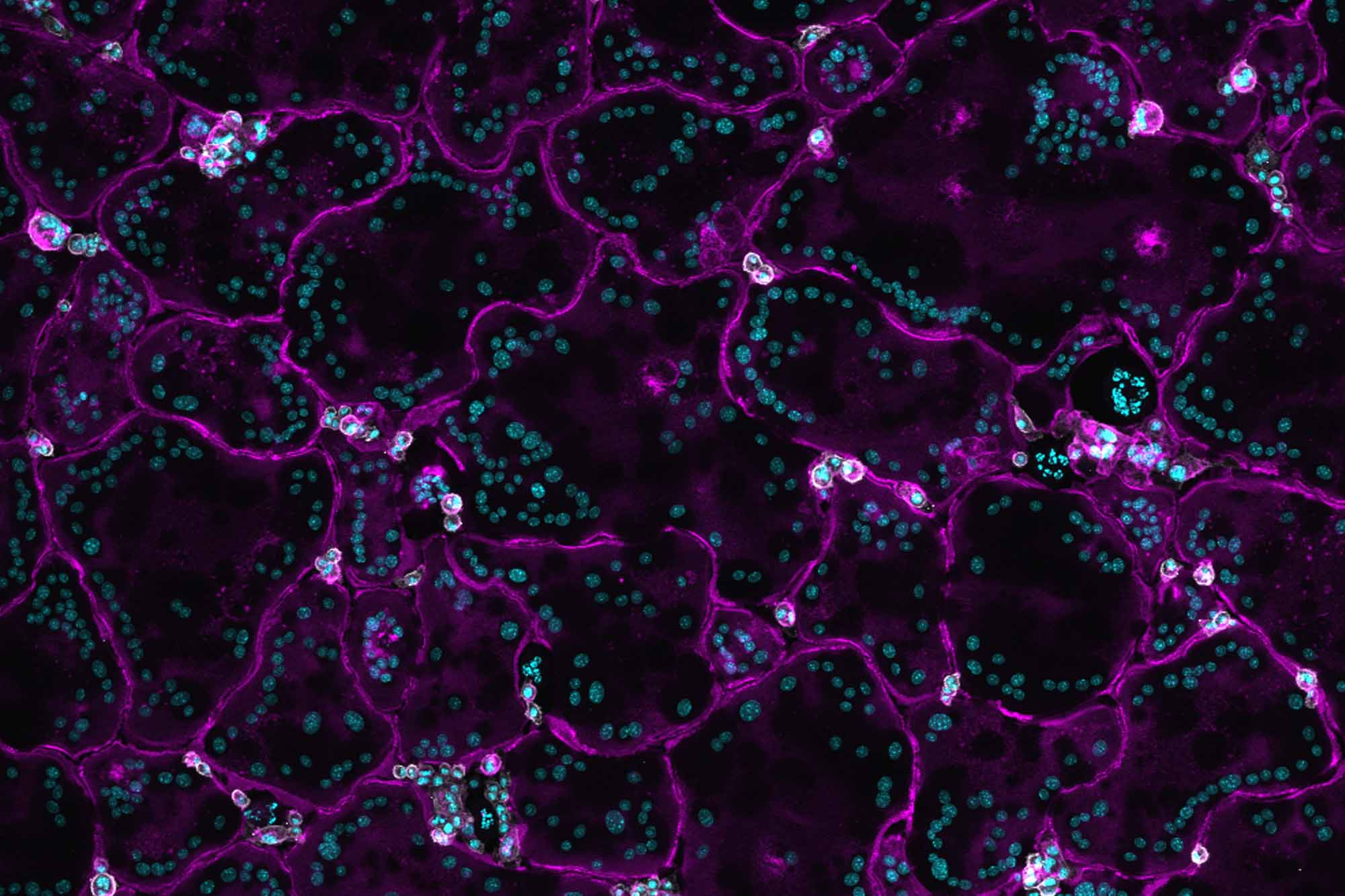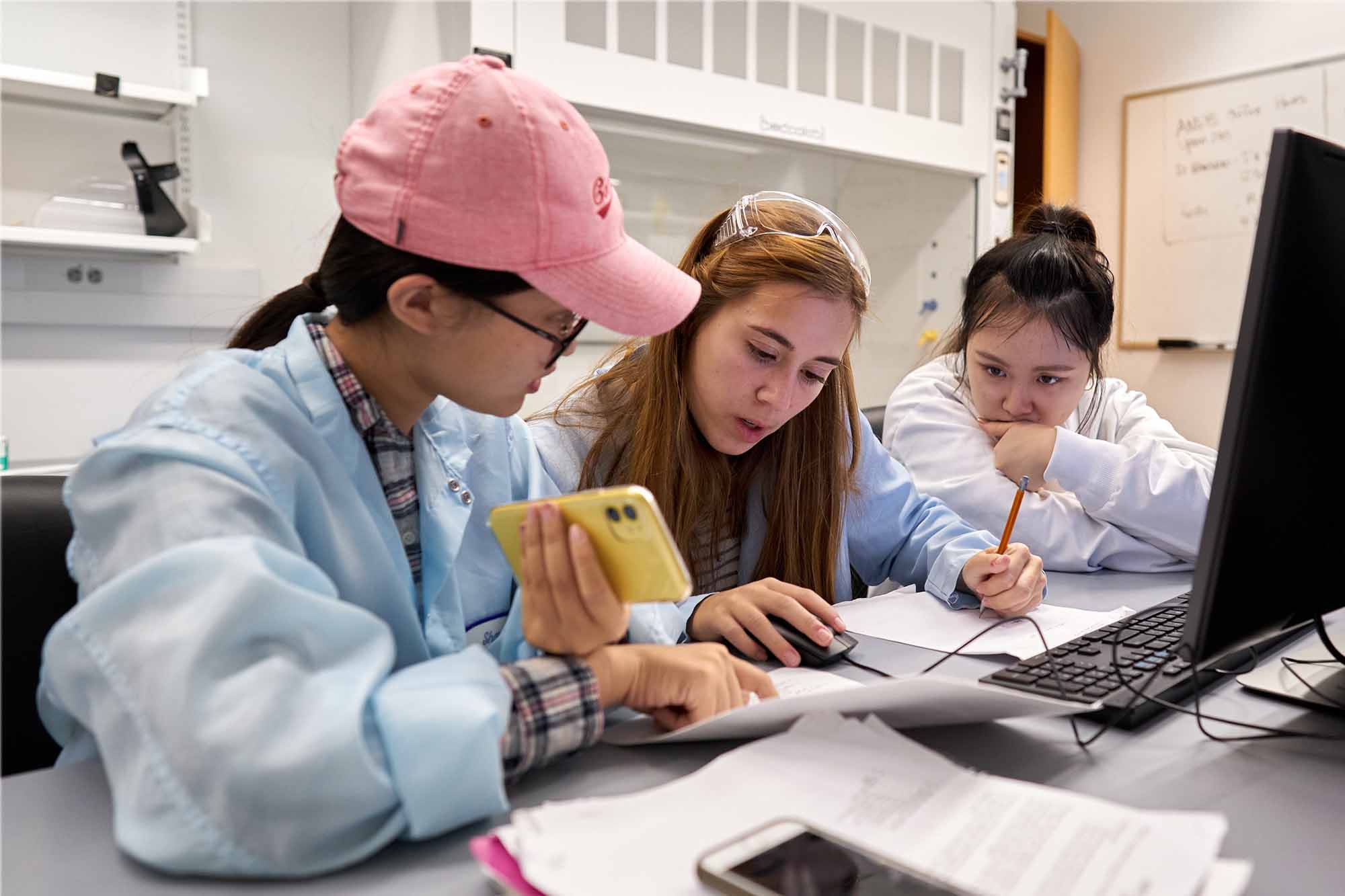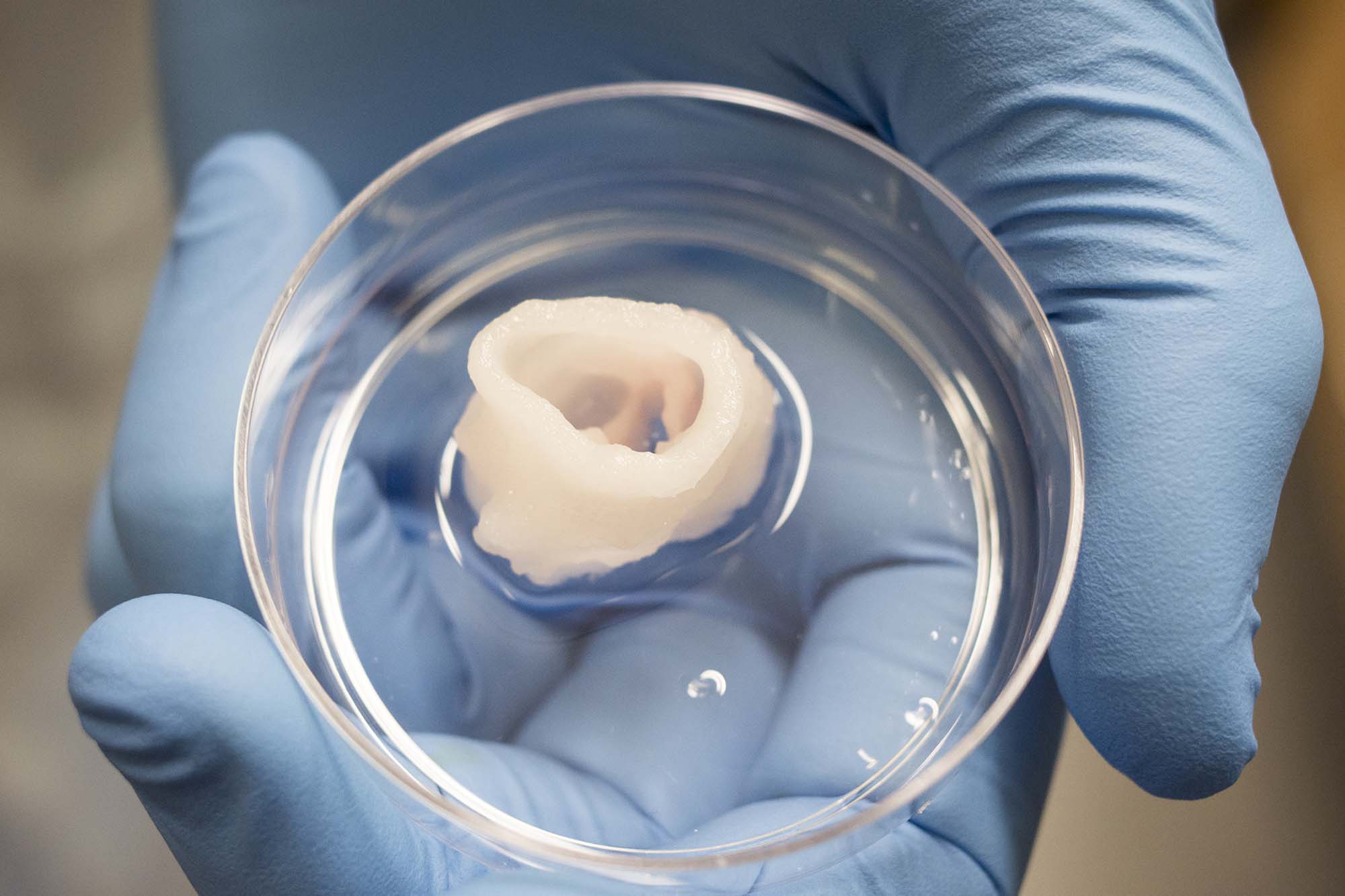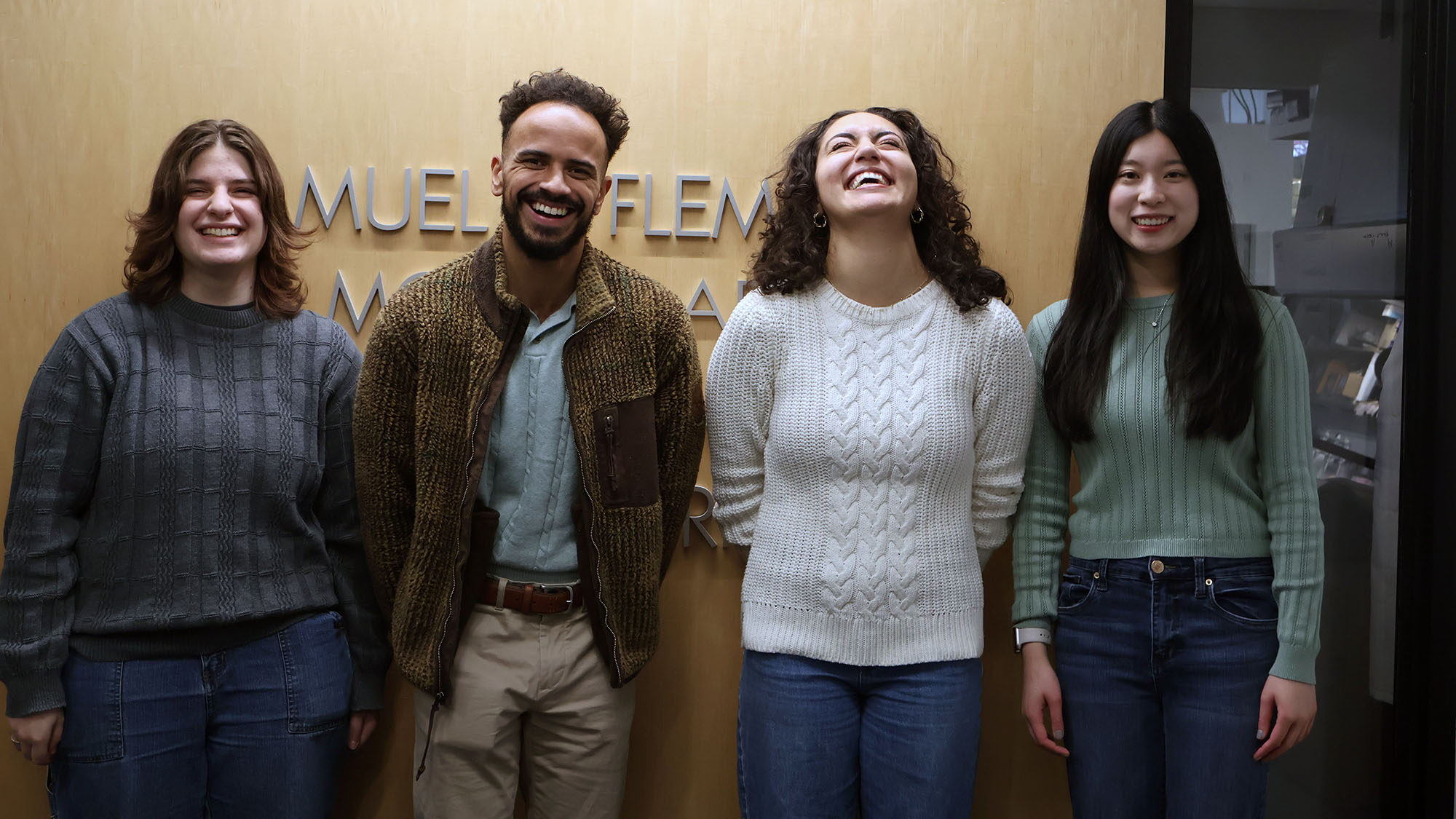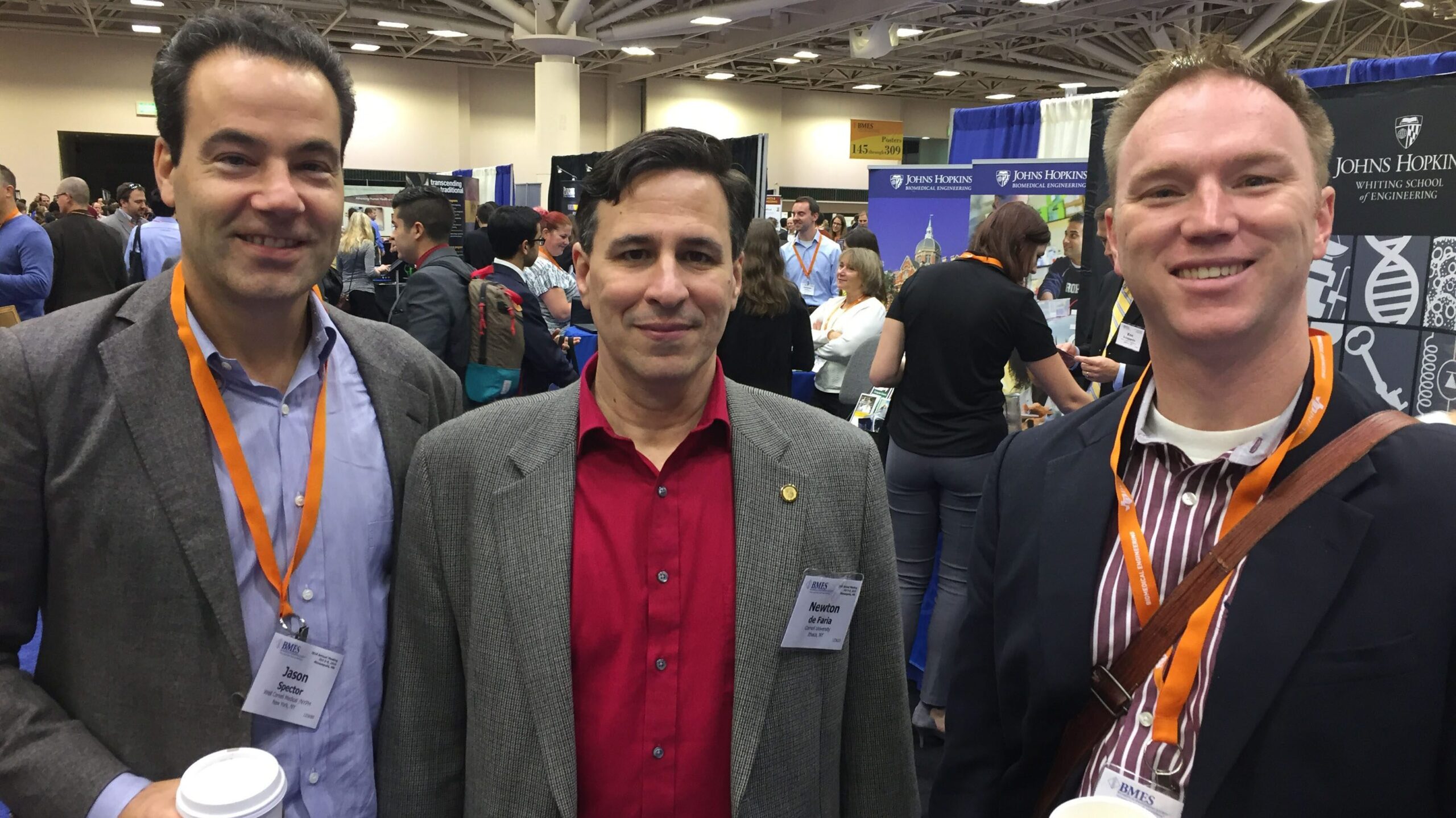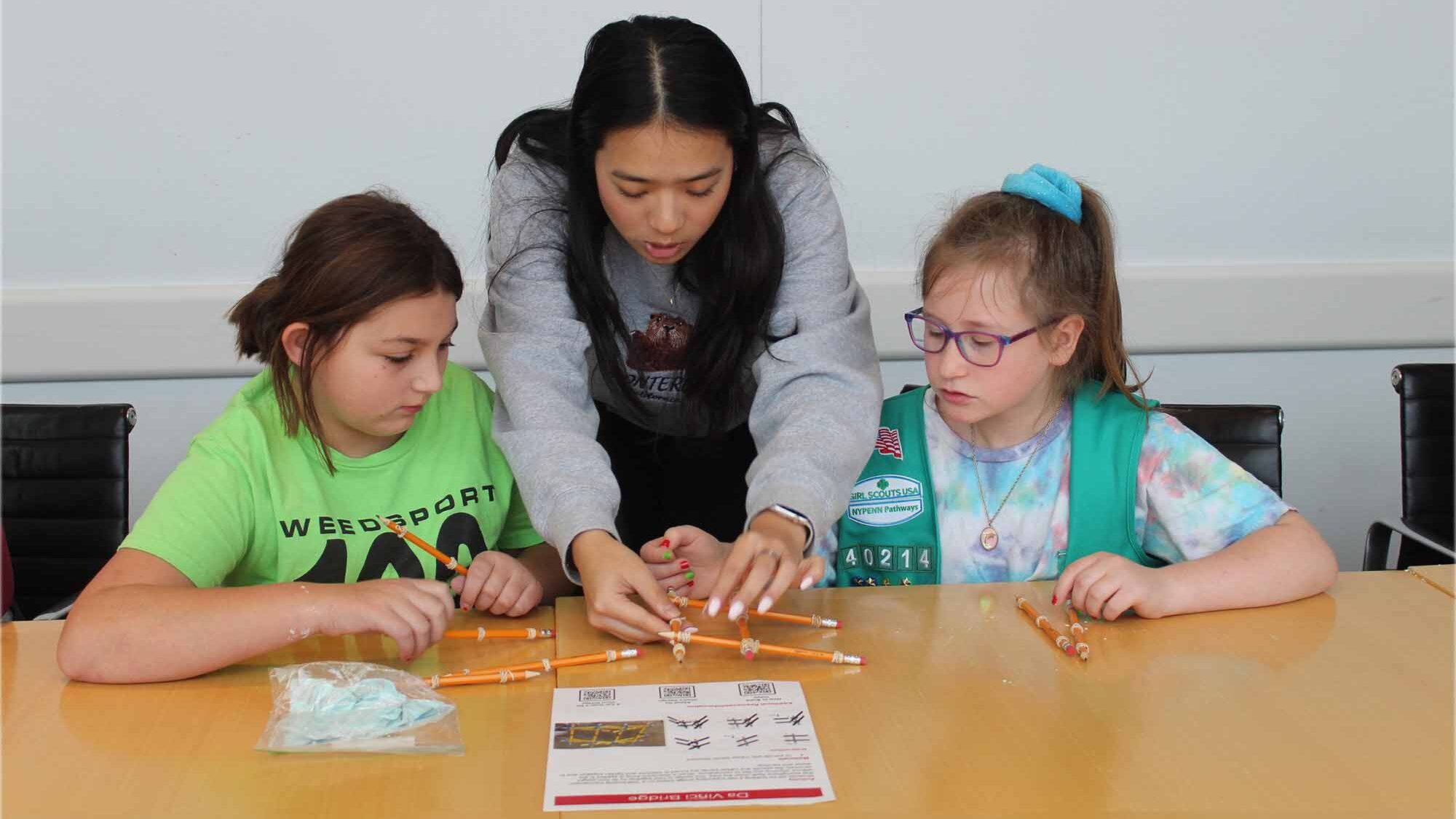Page Contents
Doctoral Student Experience at Cornell
Cornell blends Ivy League prestige with land grant university features, resulting in top-notch teaching and research across disciplines. Graduate education is personalized, catering to each student’s background, needs, and interests. Our Ph.D. degree requirements are minimal. Doctoral students collaborate with a committee of their chosen Cornell faculty and graduate field faculty advisors to design their studies and typically finish the program in five to six years.
Special Committee
You select a special committee of faculty to supervise your academic progress. This committee helps you tailor the program to your interests, merging traditional disciplines. The committee includes at least three faculty members: your thesis advisor and two members from your chosen minors. Your thesis advisor, a biomedical engineering expert, chairs the committee.
Research
As a Ph.D. student, your largest effort will be devoted to research. At the same time, continued learning, through advanced graduate classes in areas selected by you and your special committee, will ensure substantial depth of knowledge and academic expertise in your chosen research specialization.
Cornell’s commitment to interdisciplinary research offers students and faculty a broad range of research opportunities. Mentored by and collaborating with outstanding faculty, you will make an important and long-lasting research contribution in one of the following distinct but integrated strategic research priorities.
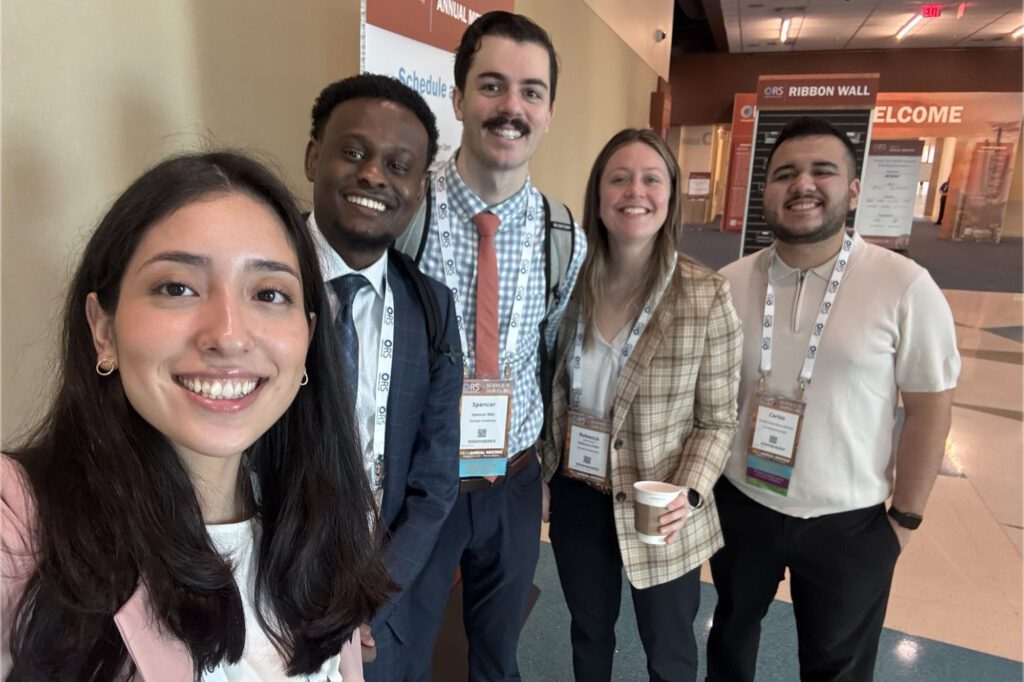
Research Areas
-
![Two students in white lab coats and protective goggles examine a piece of equipment in the biomechanics lab]()
Biomechanics and Mechanobiology
Investigating mechanical forces in physiological and disease processes.
-
![Professor Nozomi Nishimura conducts an experiment as green light reflects off her in the Schaffer-Nishimura lab.]()
Biomedical Imaging and Instrumentation
Developing imaging technologies and instruments.
-
![scanning electron microscope of outer membrane vesicles used for drug delivery]()
Drug Delivery and Nanomedicine
Designing systems to deliver medicines and measure their effects.
-
![Fischbach-primary osteoclasts on glass]()
Molecular and Cellular Engineering
Applying engineering to cell and molecular biology approaches to identify novel disease therapies.
-
![Undergraduate students work together in lab with computers and calculators]()
Engineering Education Research
Studying education systems to define, inform and improve the education of engineers.
-
![Systems and Synthetic Biology imaging of human heart De Vlaminck Lab]()
Systems and Synthetic Biology
Integrating experimental, modeling, and engineering approaches to dissect complex cellular phenomena at the network-scale.
-
![3d printed heart valve in glass petri dish in gloved hand.]()
Tissue Engineering and Biomaterials
Developing strategies for tissue recreation and modeling systems for research or drug testing.
Education and Outreach Training
In addition to a world-class research environment, Cornell has opportunities for you to learn to become a better educator, communicator and science advocate. Our students have ample opportunity to teach students at various levels, from middle school through high school to undergraduates, educating them about science and engineering.
Linkage Program
Ph.D. students who will do their thesis research in a lab in New York City generally sign up for the Linkage Program, which includes an increased stipend and access to subsidized housing. To apply, complete the application form, updated by the Weill Cornell Medical Graduate School.
“Cornell had resources that allowed me to establish a supportive community and foster a sense of safety, comfort, and belonging to accomplish my Ph.D. When institutions invest in programs and resources tailored to diverse demographics, all students can thrive. Luckily, I benefitted from efforts being made at Cornell, which reassured me that I could grow both personally and academically here.”
Shola Onissema-Karimu Ph.D. Student
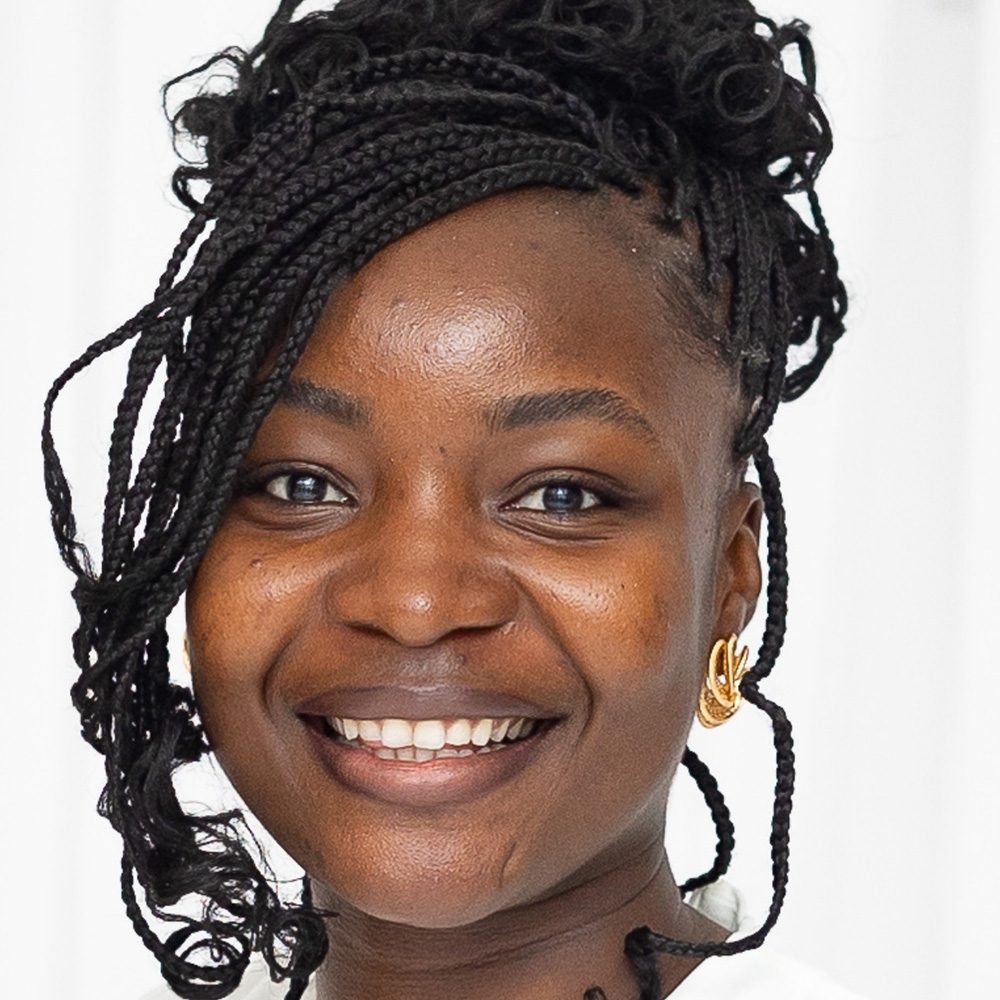
Latest News
-
![Jeremiah and his current undergraduate mentees enjoying time together outside their lab in Olin Hall. Left to right Stephanie Fingerman (chemical engineering, junior); Jeremiah James; Lydia Lehkal (chemical engineering, Junior); Emma Leung (biomedical engineering junior)]()
For Jeremiah James, reshaping polymer particles means reshaping possibilities
Ph.D. student Jeremiah James explains how discovering new ways to engineer polymer particle shapes is paving the way for more precise, scalable healthcare solutions.
-
![]()
Partnership bridges engineering and medicine to drive translational research
Dr. Jason Spector ’91, a plastic surgeon and Cornell alumnus, calls his longtime collaboration with Cornell’s Meinig School of Biomedical Engineering an “ideal partnership.” Over the past 18 years, Spector has worked closely with faculty and graduate students, leading to multiple surgical innovations.
-
![]()
BMES Graduate Student Chapter: Fostering Community, Professional Growth and Outreach
Cornell Biomedical Engineering Society’s (BMES) Graduate Chapter is dedicated to nurturing a vibrant and supportive community within our biomedical engineering department. Their mission extends beyond academic excellence; they strive to create an inclusive environment that enriches the graduate student experience,…
Ph.D. Program Contacts
-
Graduate Student Services Coordinator – Ph.D. Program
Belinda Ann Whisman
Weill Hall, Room 121A
607-255-2573
ga.biomedgrad@cornell.edu
